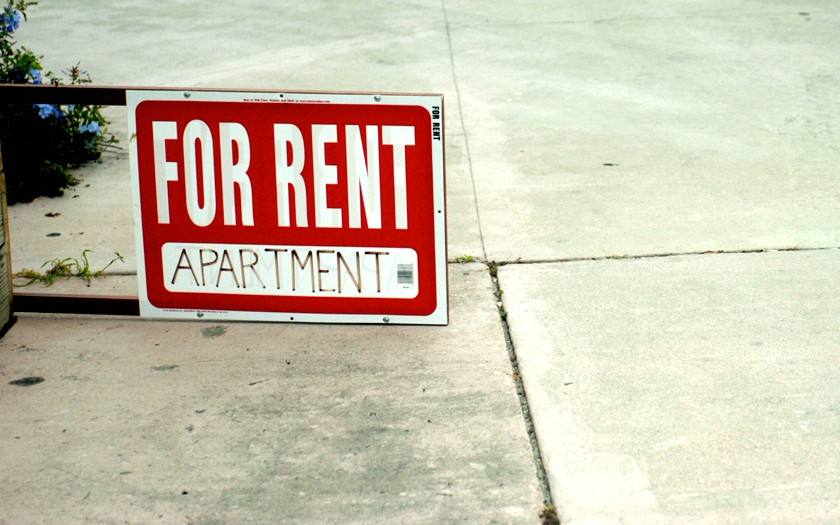On December 15, 2014, the Supreme Court of BC made a decision about the enforceability of rental restriction bylaws in Carnahan v. The Owners Strata Plan LMS522.
Like many strata corporations in BC, Strata Plan LMS522 had a simple rental restriction bylaw which limited the number of strata lots permitted to be rented and the requirement for an owner to obtain permission before renting.
Allan Carnahan and Colleen Carnahan (the “Carnahans”) originally rented their strata lot under an exemption approved by the strata council under section 144 of the Strata Property Act (the “Act“). The exemption was permitted for 1 year. As the Carnahans approached the expiry of the exception, they asked the council to allow an extension. The strata council denied the extension. The tenants were required to vacate the strata lot.
The Carnahans subsequently obtained legal advice. Through their counsel, the Carnahans informed the strata council that the rental restriction bylaw was invalid. The Carnahans took the position that the Act required rental limitation bylaws to stipulate the procedure to be used by the strata corporation for administering the bylaw.
Counsel for the strata council responded and disputed the Carnahans’ interpretation of the bylaws and the Act. But, the Carnahans decided to ignore the strata council’s position and placed a tenant anyway.
The strata council decided to impose fines for contravention of the rental restriction. Fines amassed over several months. and by the date of the chambers hearing, the unpaid fines totalled $10,500.
When the Supreme Court of BC heard the case, it paid particular consideration to the wording of Section 141 of the Act, which governs the restriction of rental by the strata corporation:
141 (1) The strata corporation must not screen tenants, establish screening criteria, require the approval of tenants, require the insertion of terms in tenancy agreements or otherwise restrict the rental of a strata lot except as provided in subsection (2).
(2) The strata corporation may only restrict the rental of a strata lot by a bylaw that
(a) prohibits the rental of residential strata lots, or
(b) limits one or more of the following:
(i) the number or percentage of residential strata lots that may be rented;
(ii) the period of time for which residential strata lots may be rented.
(3) A bylaw under subsection (2)(b)(i) must set out the procedure to be followed by the strata corporation in administering the limit.
[Emphasis added.]
The strata corporation argued that the bylaws satisfied the requirement to set out a procedure for administering the limit. The bylaw clearly indicated that an owner needed to request permission, that prospective tenants needed to be accompanied by the landlord, and that the owner must provide the tenant a copy of the bylaws and a copy of the notice of tenants responsibilities signed by the tenant. It was the strata corporation’s argued that even if the bylaws did not cover all aspects of how the bylaw was to be administered, this did not invalidate the restriction bylaw. They argued that the Act only required that the strata corporation must have a procedure, not that the procure had to take a particular form.
The Carnahans argued that the bylaw did not meet the requirements of section 141 (3) to set out the procedure for administering the limit on rentals. Part of the argument was that the bylaw provided steps for the owner to follow to obtain permission, but did not outline the procedure to be followed by the strata corporation when it administered the limit.
The Court Agreed with the Carnahans.
[34] … merely because the legislature did not set a particular procedure to follow does not leave a strata corporation with unfettered discretion to decide the content and scope of that procedure. By obliging a strata corporation to set out the “procedure,” s. 141(3) requires it to establish a process for administering the rental limit that is clear and logical, not ambiguous or arbitrary. A strata corporation must do more than set out a single step in the process. Rather, the procedure must be detailed enough that a strata owner, or a prospective strata owner, who reads the bylaws can clearly see how the strata corporation decides which strata owner is entitled to lease their strata lot when the rental restriction limit is not reached, and how a strata owner can attain that right. Such a requirement protects strata owners from the application of an informal and arbitrary procedure. Moreover, the bylaw’s procedure must not itself allow the strata corporation to administer the rental limit arbitrarily. In my view, these minimum procedural requirements for the administration of a rental limit accord with the objective of balancing the rights of individual strata owners with the strata corporation as a whole.
~ N. Brown J.
The Court ordered that the bylaw was unenforceable, that the fines be cancelled, the Carnahans be permitted to rent their strata lot, and the Carnahans were entitled to their costs.
This judgement affirms the importance of obtaining legal advice for drafting rental restriction bylaws which set out clear procedures for how a rental restriction will be enforced, including how owners apply for permission, how the waiting list will be kept, how long an owner may rent, and much more. A simple bylaw that leaves much of the decisions about how the bylaw will be administered to the strata council is simply not enough.
A copy of this judgement may be viewed on Canadian Legal Information Institute website, www.canlii.org.
Direct Link: http://www.canlii.org/en/bc/bcsc/doc/2014/2014bcsc2375/2014bcsc2375.html
Disclaimer:
No Legal Advice Provided
The material on this website is intended to provide only general information and comment to clients and the public. Although we make our best efforts to ensure that the information found on this website is accurate and timely, we cannot, and do not, guarantee that the information is either. Nor do we guarantee the accuracy of any information contained on websites to which our website provide links.
Do not, under any circumstances, rely on information found on our website as legal advice. Legal matters are often complicated. For assistance with your specific legal problem or inquiry please contact independent legal counsel.
No Liability to Greg Bickert or Associated Property Management (2001) Ltd
Greg Bickert does not accept any liability for your use of this website. Your use of this website is at your own risk. This website is provided on an ‘as is’ and ‘as available’ basis, without any warranties or conditions of any kind, whether express or implied. Greg Bickert will not under any circumstances be liable to you or to any other person for any loss or damage arising from, connected with, or relating to the use of this website by you or any other person.
Copyright
All material on this site is copyright (c) 2015 Greg Bickert except as otherwise indicated. No Material may not be reproduced in any form for commercial purposes without the express written consent of Greg Bickert or the applicable copyright owner.

